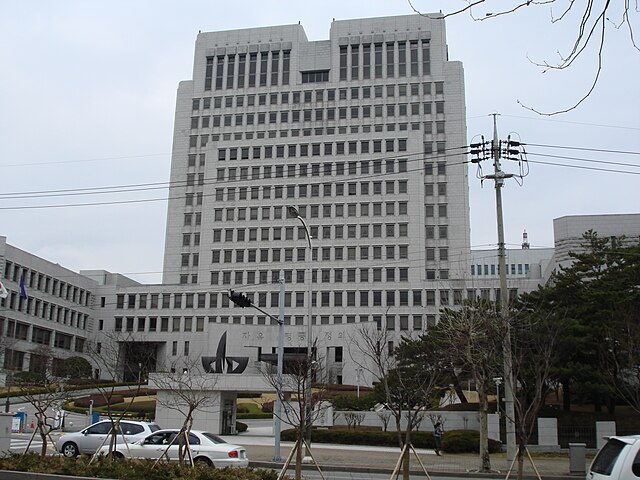South Korea’s Supreme Court has jailed a crypto fraudster who amassed $153 million for 10 years, upholding a sentence handed out in February.
The man, surnamed Ko, was the CEO of a crypto firm that called itself QRC Bank.
He was convicted of defrauding some 5,400 crypto investors earlier this year in a verdict delivered by a District Court branch in Seoul.
Ko appealed this verdict. An appeal was rejected by a branch of the High Court. But Ko pursued the matter in the Supreme Court.
Per Newsis, the Supreme Court ultimately rejected Ko’s appeal, upholding the original 10-year jail sentence. Ko has also been fined almost $1 million.
The presiding judge said that the 10-year verdict was a “suitably severe” punishment that was “commensurate with the defendant’s guilt.” The judge added:
“Most of [Ko’s] victims were elderly. Many of them were vulnerable North Korean defectors and [economically vulnerable] foreigners.”
The judge stated that the court “could not accept” Ko’s “claims of innocence.”
The court dismissed Ko’s legal team’s claims about “the misconception of facts and legal misunderstandings.”
⚖️ Trial of ‘Art-themed Altcoin Fraudster’ Underway in South Korea
The trial of a suspected crypto fraudster who allegedly told victims they were investing in an art-themed altcoin and NFTs has begun at court in Gwangju, South Korea.#CryptoNews #NFThttps://t.co/EGvIRBuJPc
— Cryptonews.com (@cryptonews) December 12, 2023
How Did South Korean Crypto Scammer Dupe Victims?
In addition to QRC Bank, Ko headed two affiliate firms named QRC Korea and Worldchain.
The district court heard that Ko and his fellow executives used all three companies to “give their scam the semblance of authenticity.”
Ko told investors that QRC Bank was an “integrated financial platform” that used cryptoassets as a payment tool for remittances, exchanges, and payments.
The “bank” launched in December 2019, and told “investors” they would be “guaranteed 300% returns” if they made fiat or crypto “investments.”

Ko also told people they could buy stocks in QRC Bank. He duped them into believing the “bank” was on the brink of a Nasdaq listing in the United States.
However, a police investigation found that Ko used Ponzi tactics, paying older investors with newer investors’ money.
Two fellow executives and a junior employee were sentenced to five years in prison, two years, and six months (respectively).
The Supreme Court also upheld the District Court’s verdicts and sentences on all three individuals.
Earlier this month, the South Korean customs service made several arrests after breaking up a suspected international USDT-powered gambling ring.
